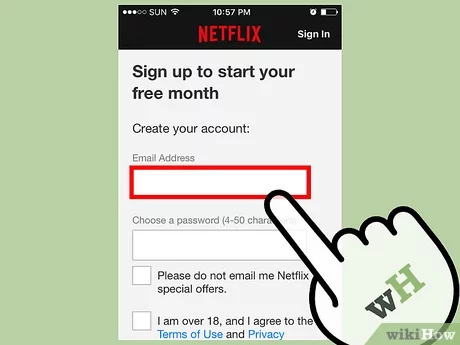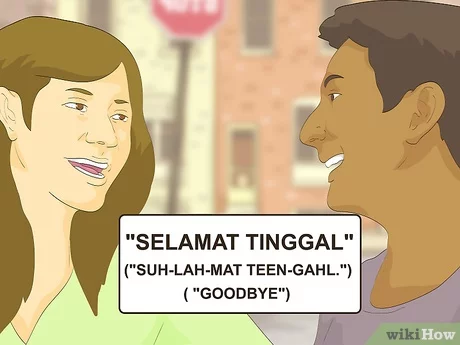3 Ways to End a Legal Guardianship

Introduction:
Legal guardianship is a significant responsibility that involves caring for another person’s well-being, managing their finances, and making vital decisions on behalf of the individual. However, there may come a time when legal guardianship is no longer necessary or appropriate. In such situations, ending the legal guardianship becomes essential for all parties involved. Here are three ways to terminate a legal guardianship arrangement.
1. Mutual Agreement:
One of the most straightforward ways to end legal guardianship is by mutual agreement between the guardian and the ward or the ward’s family members. This method requires clear communication and agreement from all involved parties about terminating the guardianship relationship. Once everyone is in agreement, the guardian can file a petition with the court indicating their intention to relinquish their responsibilities. The court will then review the situation, ensure that ending the guardianship is in the best interest of the ward, and approve or deny the request accordingly.
2. The Ward Reaches Adulthood:
In cases where the legal guardian cares for a minor, reaching adulthood typically ends legal guardianship automatically. In most jurisdictions, this occurs when an individual turns 18 years old. At this age, individuals are considered capable of managing their affairs and making decisions without needing a guardian’s assistance. The guardian should still notify the court and submit relevant documents confirming that the ward has reached adulthood so that they can be formally relieved of their obligations.
3. Court Intervention:
Under certain circumstances, it may be necessary to seek court intervention to terminate a legal guardianship. This approach is commonly used in cases where there are concerns about misconduct or neglect on the part of the guardian or situations where it has become apparent that maintaining legal guardianship is not in the best interest of the ward.
To initiate this process, either party will need to file a formal petition with the court specifying evidence of any mismanagement or neglect. The court will then examine the case, and if the allegations are deemed valid, it may terminate the guardianship and, if necessary, appoint a new guardian.
Conclusion:
Ending a legal guardianship can be an emotional and complex process for everyone involved. The three methods discussed above – mutual agreement, reaching adulthood, or court intervention – all offer different routes to achieving this goal. As circumstances vary from case to case, it is essential to consult with an attorney familiar with guardianship law in your jurisdiction to help navigate this process while keeping the best interests of the ward in mind.






